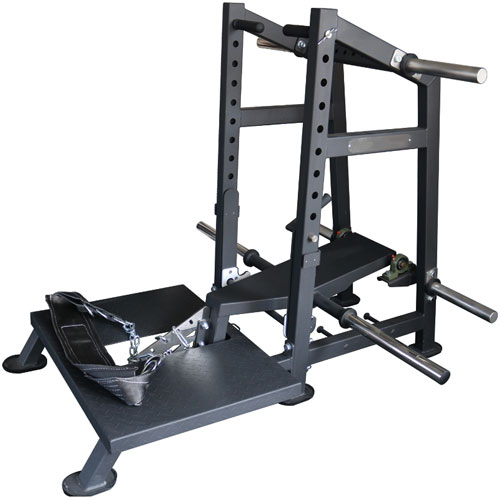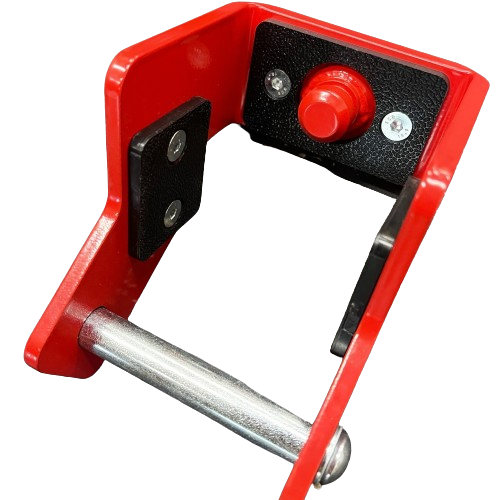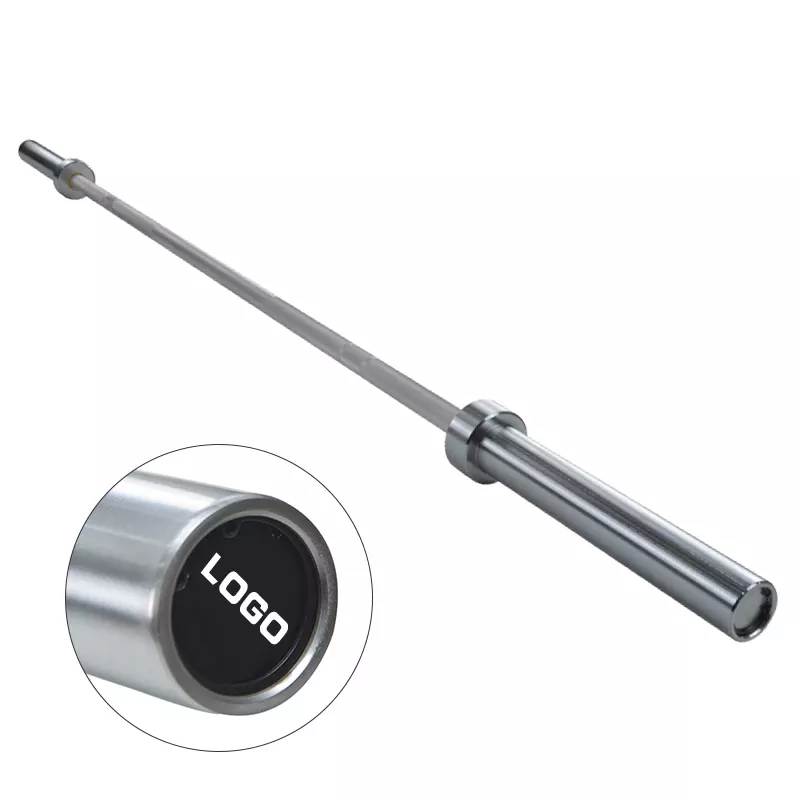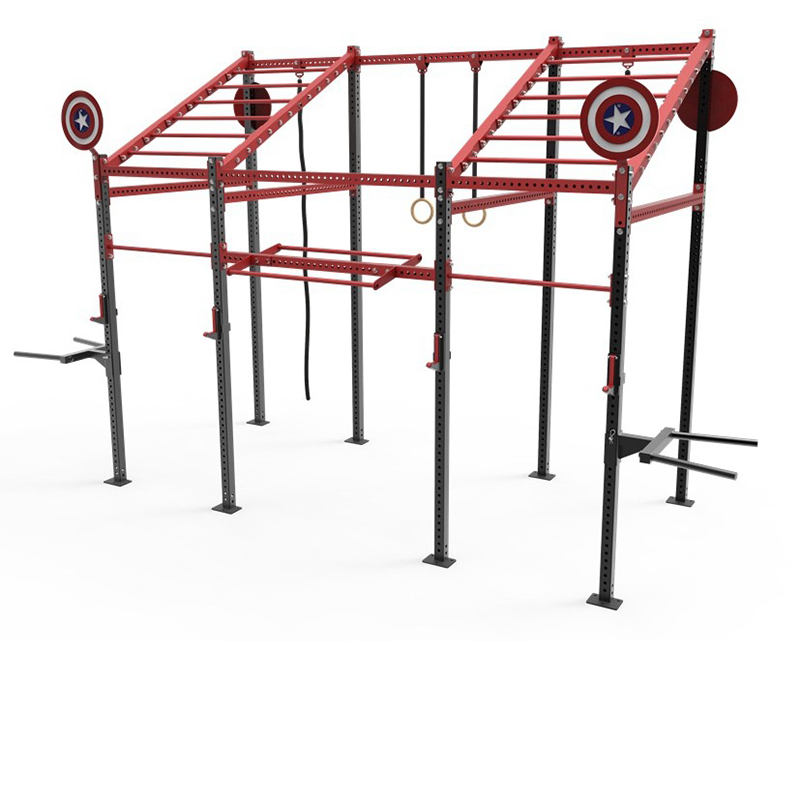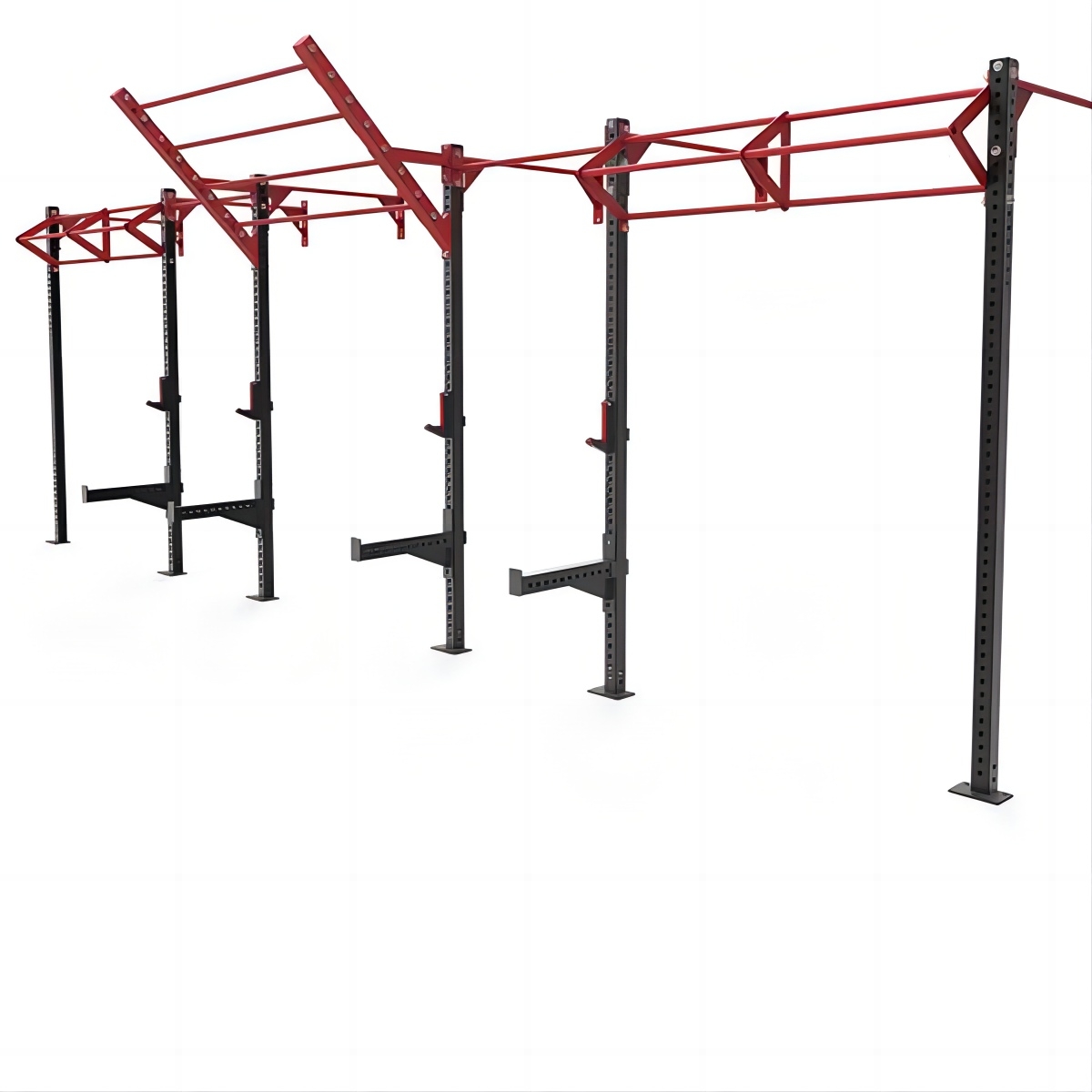Choosing the Right Fitness Equipment Supplier: The Ultimate Guide
Fitness equipment is a major investment for any gym, studio, or home workout space. Having high-quality, durable equipment that meets your needs is crucial for keeping clients and members satisfied. However, not all fitness equipment suppliers are created equal. Choosing the right supplier for your specific needs takes research and careful consideration. Follow this ultimate guide to ensure you select a fitness equipment supplier you can rely on.
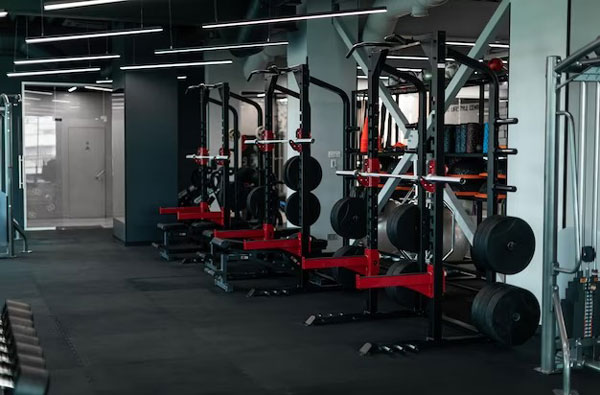
Know Your Needs
Before researching suppliers, make a detailed list of your equipment needs. Consider elements like:
- Types of equipment: cardio machines, strength training machines, free weights, accessories, etc.
- Specific brands or models you prefer
- Quantity of each item needed
- Space requirements and layout
- Your budget
- Timeline for receiving equipment
Having a clear idea of your ideal setup will help you determine which suppliers can actually meet your needs. Share your list with potential suppliers to find out what they can provide.
Gym Equipment Supplier Qualifications
Once you’ve identified suppliers that seem to fit your needs on paper, vet their qualifications thoroughly. Look for:
- Industry experience: Well-established companies with years of experience are less risky. Make sure they have expertise with commercial fitness environments.
- Business reputation: Search online for reviews and testimonials. Reputable suppliers should have mostly positive feedback.
- Insurance and licenses: At minimum, suppliers should have general liability insurance. Check for any required state/local licenses, as well.
- Equipment brands: Find out which specific brands and models they carry. Make sure they can provide the brands you want.
- Project examples: Ask for examples of past clients they’ve equipped. Reach out to the clients if possible to ask about their experiences.
Assessing these qualifications will help you determine if a supplier measures up.
Compare Pricing and Payment Terms
Cost is a major factor in choosing equipment. Get quotes from multiple suppliers so you can compare. Make sure the quotes include:
- Itemized equipment prices
- Delivery fees
- Installation fees
- Taxes, tariffs, or additional charges
- Payment terms: when deposit is due, balance due, financing options
Read all policies carefully so you fully understand the pricing. Be wary of quotes substantially lower than other suppliers—it may signal lower quality equipment or poor service.
Evaluate Delivery and Installation Capabilities
A supplier should handle equipment delivery and installation. Ask about their processes including:
- Delivery range and lead times
- Equipment inspection before delivery
- Installation experience with your types of equipment
- Handling of defective or damaged equipment
- Removal of packaging and debris after delivery
Ideally, they should deliver equipment in good condition in a timely manner and completely handle setup. Ensure they have capacity to deliver and install within your timeframe.
Check for Ongoing Support and Maintenance
Your fitness equipment will need periodic maintenance, repairs, and parts replacement. Choose a supplier that can provide support over the long-term. Consider:
- Warranties and guarantees on equipment and service
- Maintenance contracts for servicing equipment
- Service response time and availability
- Inventory of replacement parts and tools
- Ongoing training on equipment use and safety
prioritize suppliers that offer extended service plans and the best warranty coverage.
Choosing fitness equipment is exciting, but also a big investment. Following this guide will help you select a supplier you can trust for high-quality equipment tailored to your specific needs and space. Perform thorough research and vetting—the right supplier partner will make all the difference in creating your ideal fitness environment.

